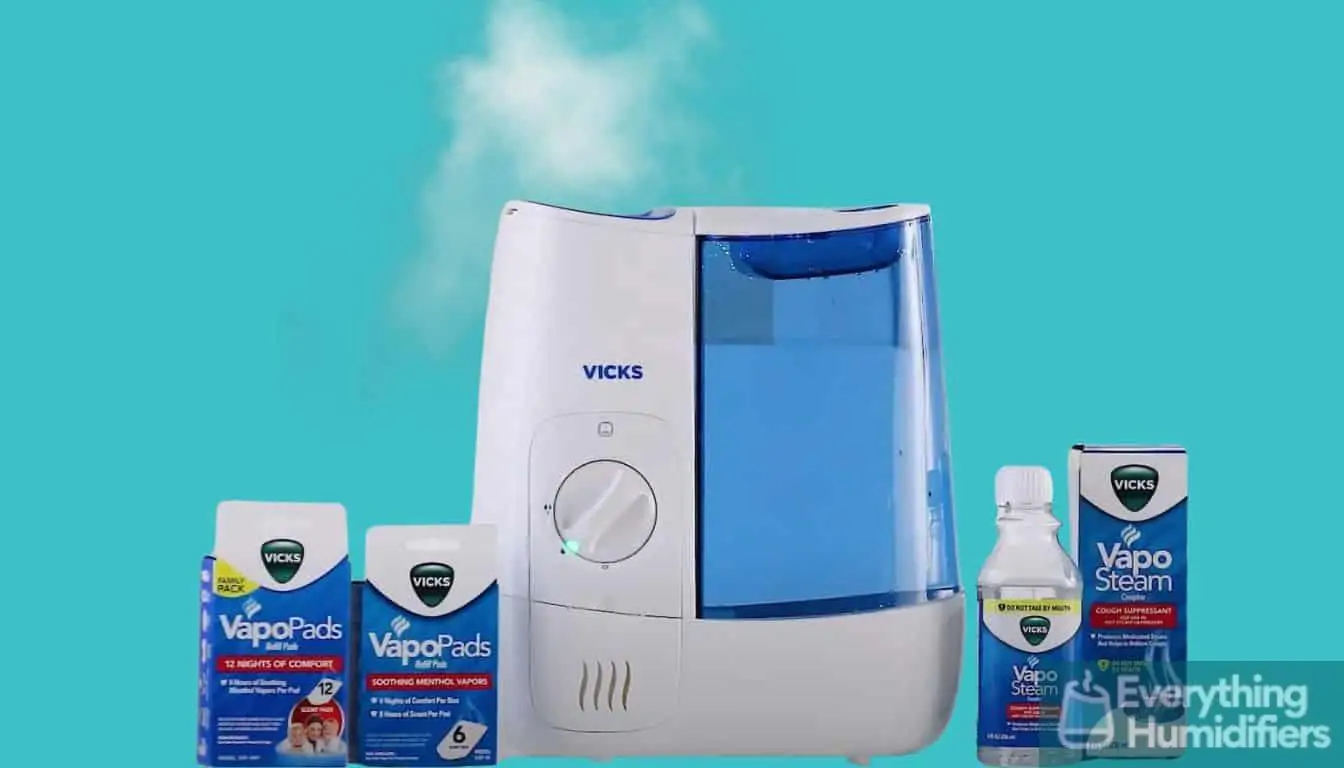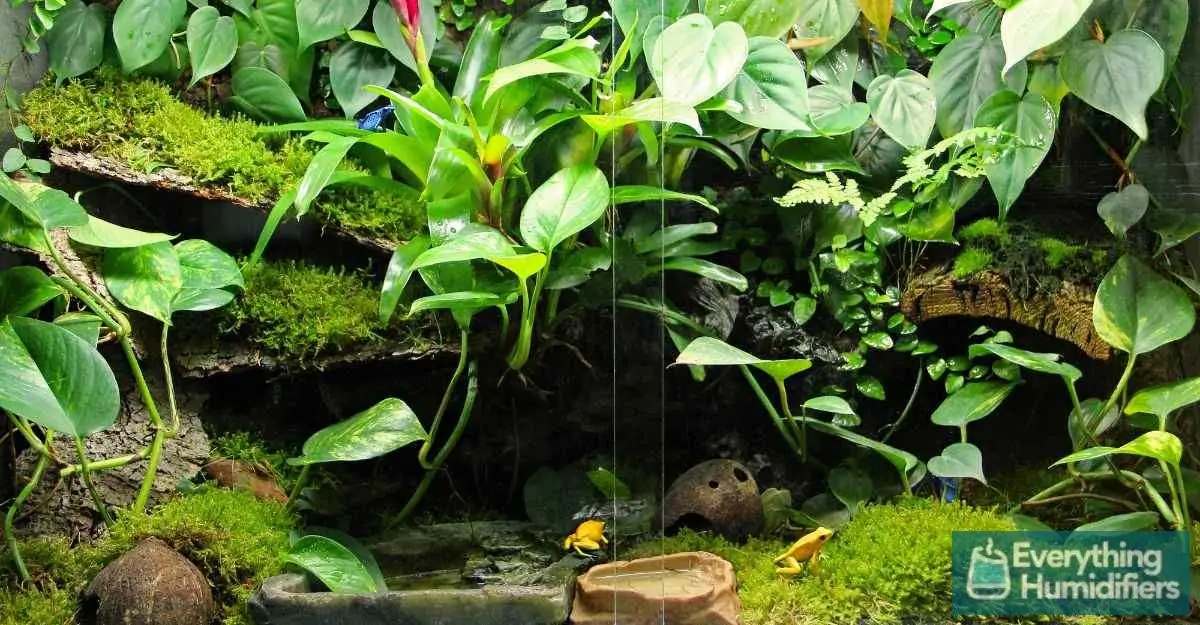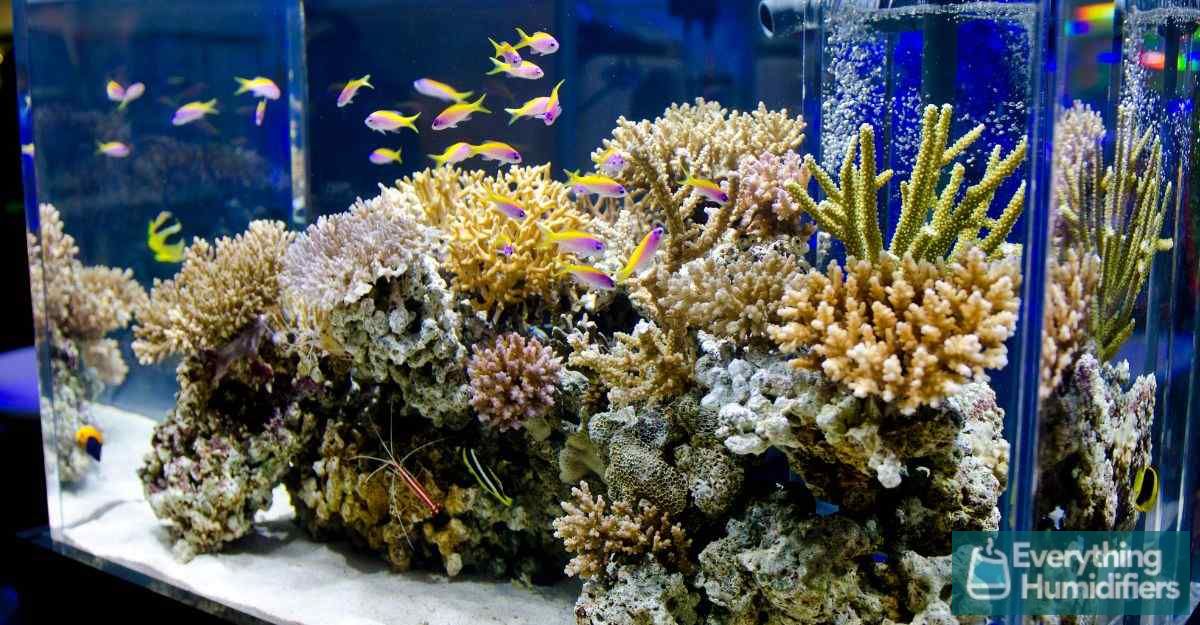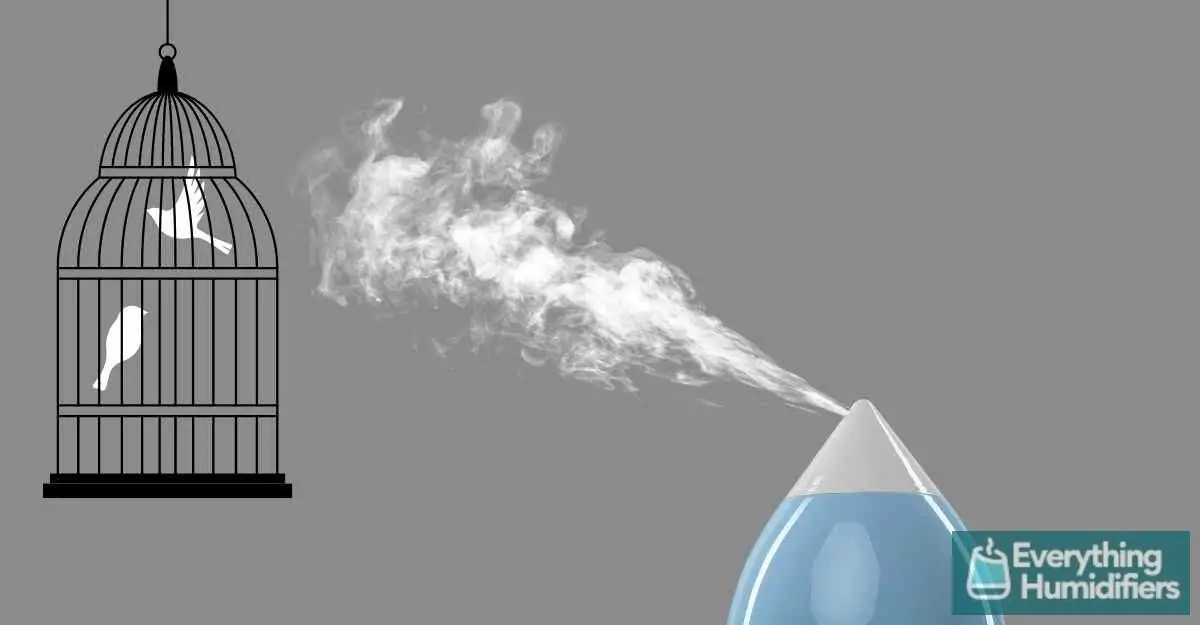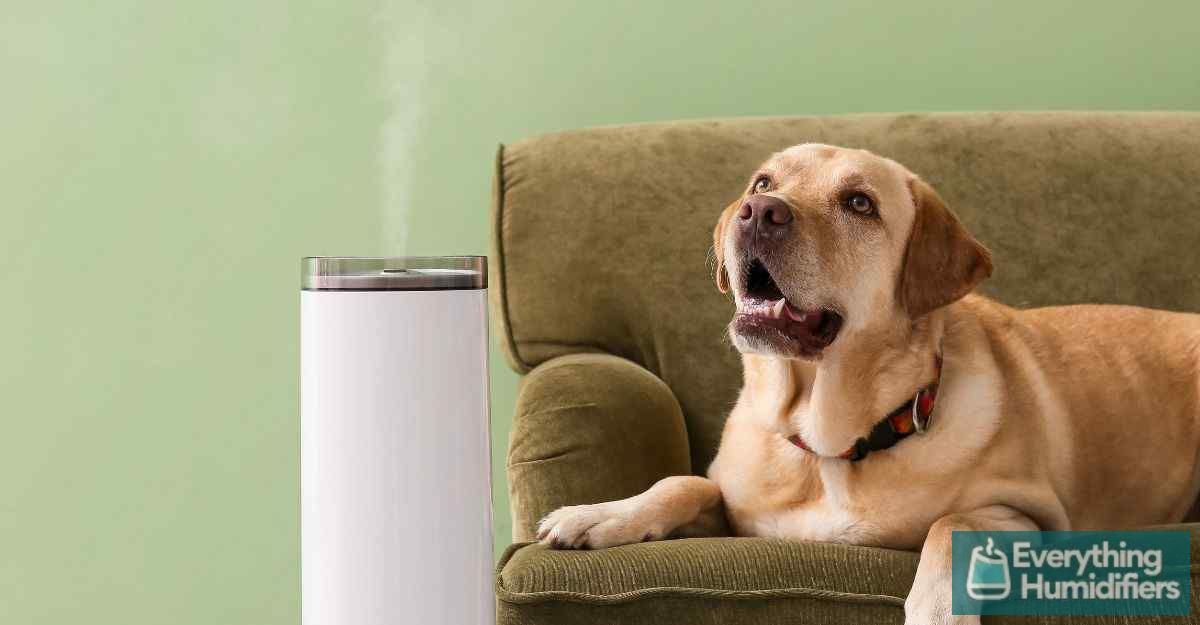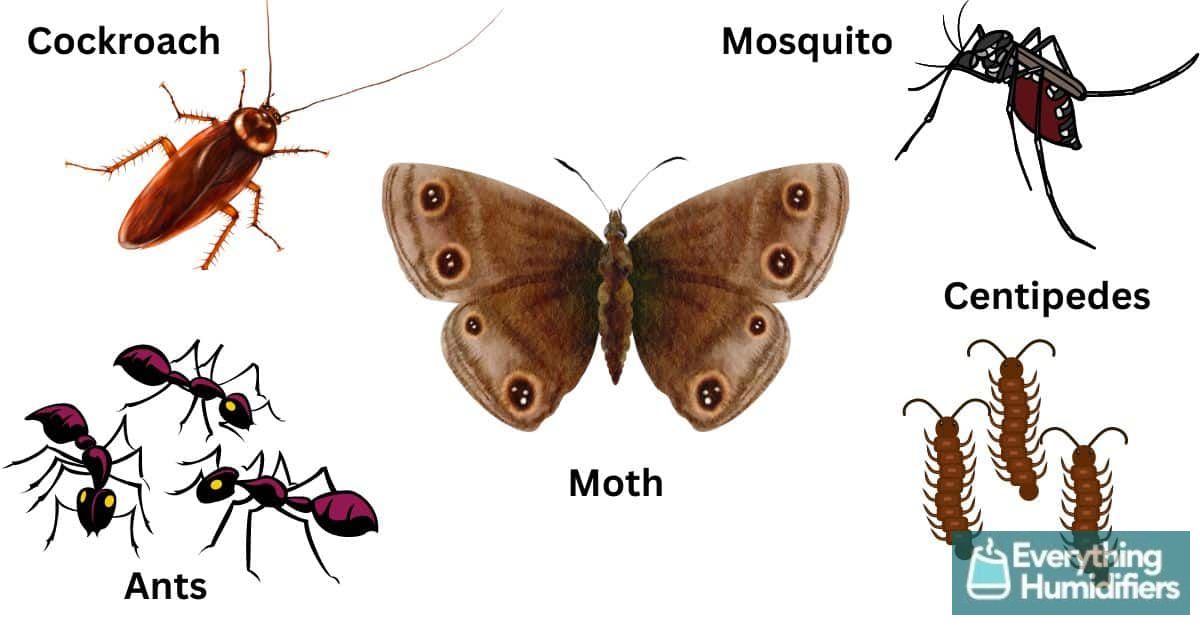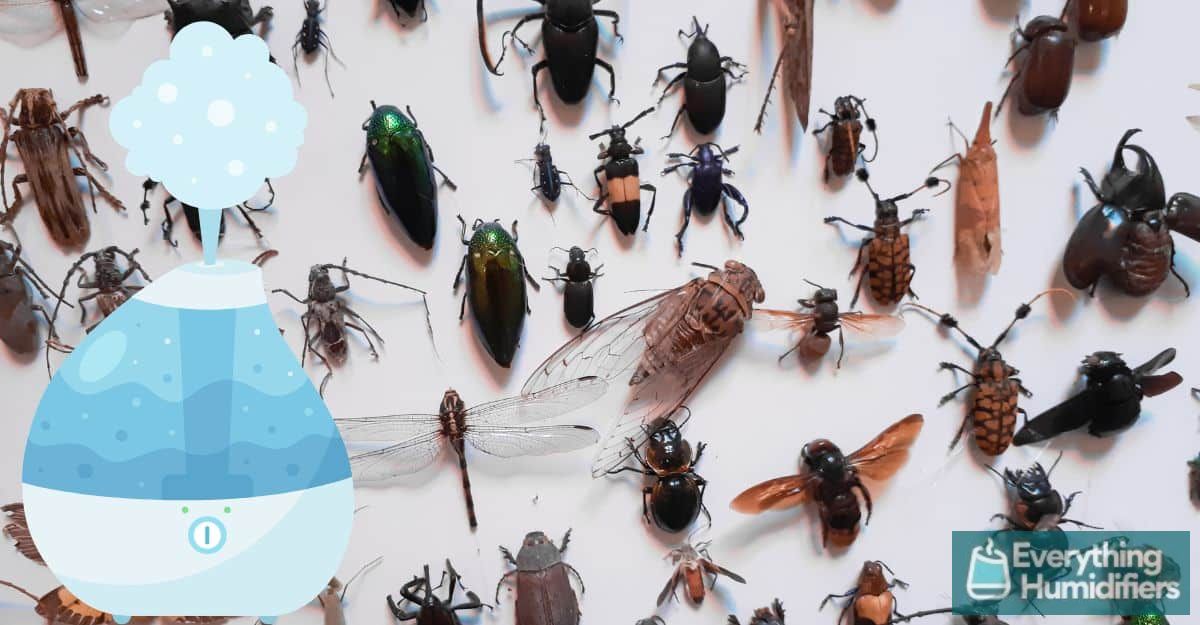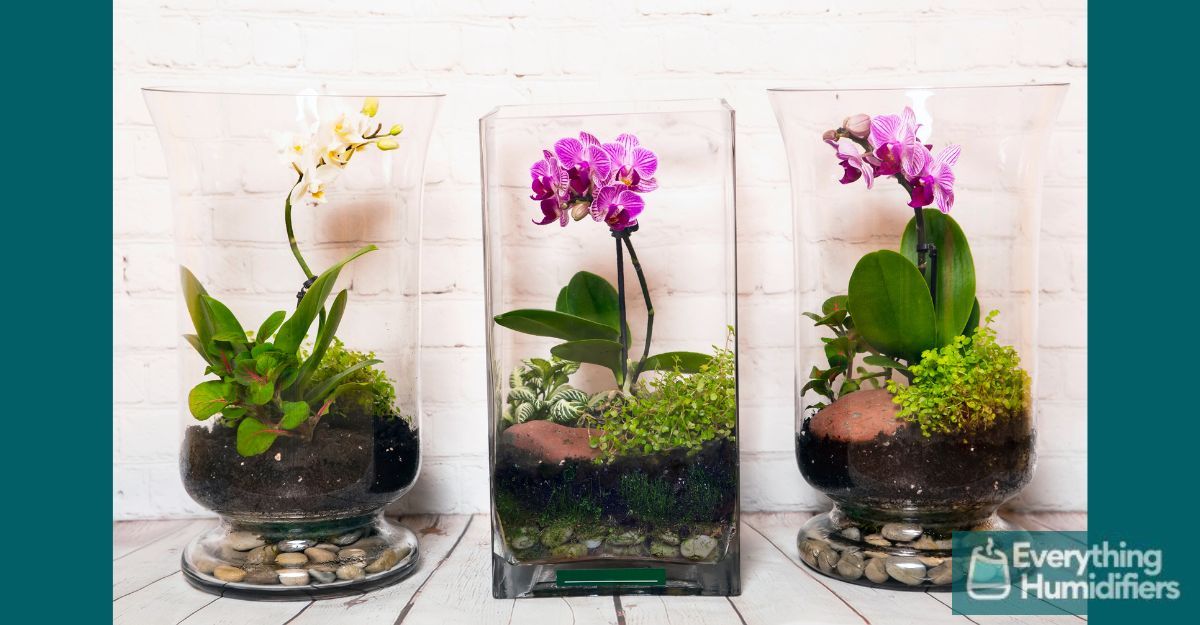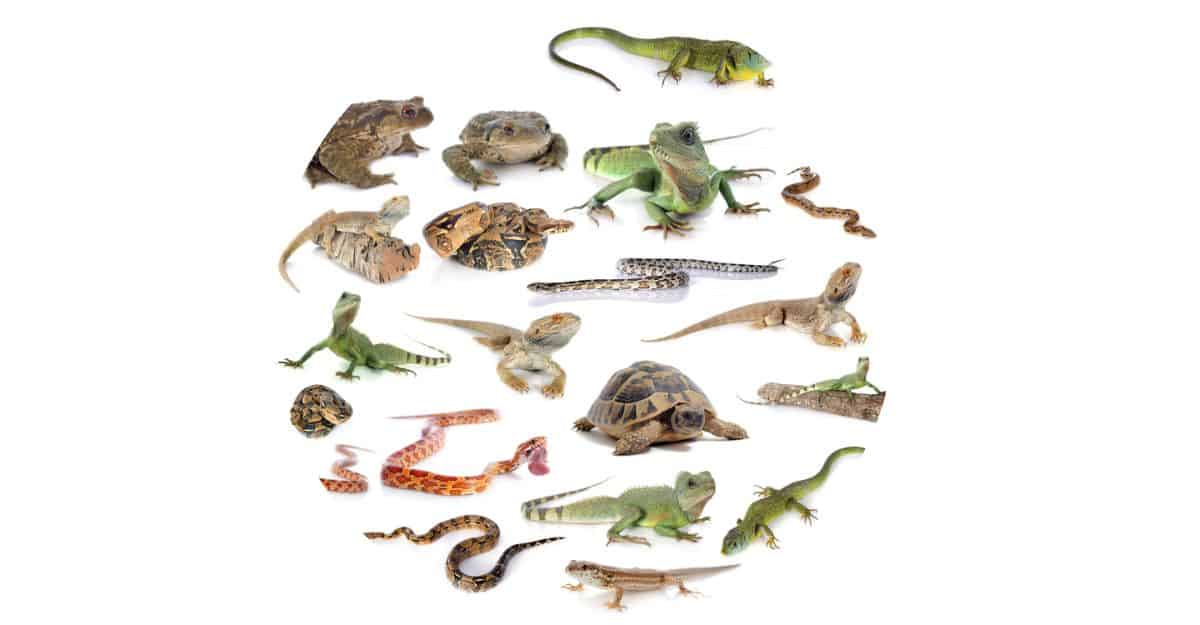Industrial humidifiers are commercial humidification systems that control the humidity levels in industrial environments to create optimal conditions for health, manufacturing, safety, plant growth, and more.
Humidity is an important consideration in many industrial environments.
Too much humidity can cause problems such as mold and corrosion, while too little humidity can lead to health problems, decreased manufacturing productivity, damage to sensitive equipment or inventory, and other issues.
What Are the Practical Applications of Humidifiers in Industry?
With the advancement of technology in industry, the need for maintaining proper humidity levels in industrial environments has never been more crucial.
The sophisticated and complex components of modern technology and equipment often require a delicate balance between moisture, temperature control, and other factors to operate efficiently without malfunctions, degradation, or damage caused by incorrect humidity levels.
Protecting People, Equipment, Inventory, and buildings
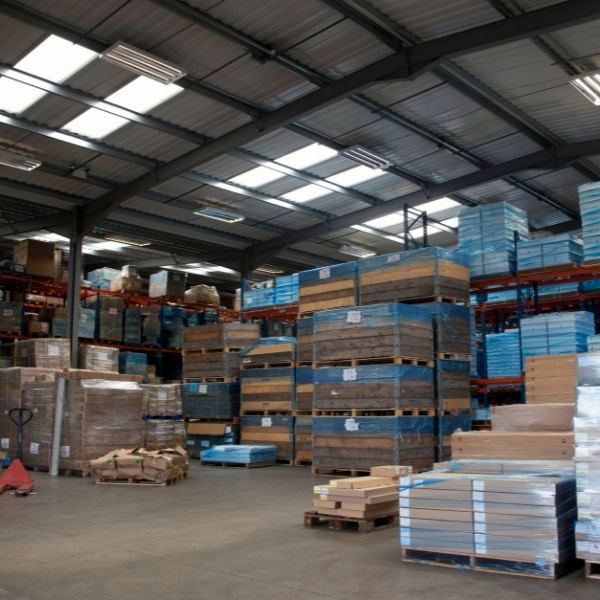
Industrial humidification systems are an important tool for controlling humidity levels in industrial environments, for example in this industrial warehouse.
By adding or extracting moisture from the surrounding air, industrial humidifiers can maintain a certain humidity level, which is necessary for the safe and efficient operation of equipment and the protection of property.
In addition, industrial humidification systems create a healthy environment for workers and customers alike.
Industrial humidification systems address four problematic areas in industry:
- Reducing/Eliminating Static Electricity
- Protecting Equipment, Inventory, and the building itself
- Providing a Safe Environment
- Creating a Healthy Environment for Workers and Customers
Reducing/Eliminating Static Electricity
Some of the problems certain industries face are the dangers of fire or explosion due to sparks caused by static electricity build-up (excessive dry air). This can cause damage to sensitive electronic equipment or mechanical components.
Some industries are more at risk of the dangers of extreme static electricity than others, particularly those dealing with flammable inventory such as printing, packaging, textiles, and paper. Industries using sophisticated electronic components are also at risk.
To combat the dangers of static electricity, industrial humidifiers are used to add moisture to the air, thereby controlling humidity levels, reducing static electricity, and ensuring safe operation.
Protecting Equipment, Inventory, and the building itself
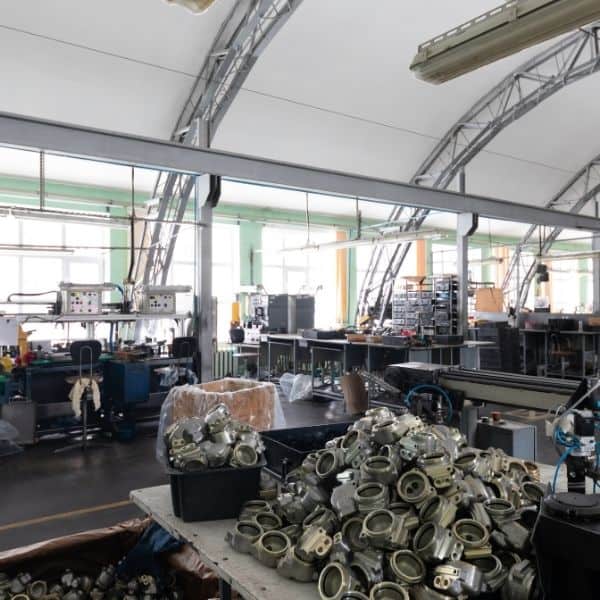
Humidification systems are used in a variety of sensitive industries, such as warehouses, food processing plants, libraries, museums and automobile assembly factories (see photo).
Without proper moisture levels, fresh produce will perish, precious inventory will be damaged, sensitive equipment will break down and building interiors will deteriorate.
Too much moisture in the air can cause building interiors to become damp, which will eventually lead to mold and/or corrosion.
Providing a Safe Environment
One of the foremost functions of industrial humidification systems is to ensure a healthy and safe work environment.
By controlling humidity levels, industrial humidifiers can prevent fire hazards as well as the formation of mildew and bacteria, which can be harmful to humans and cause several health problems.
Creating a Healthy Environment for Workers and Customers
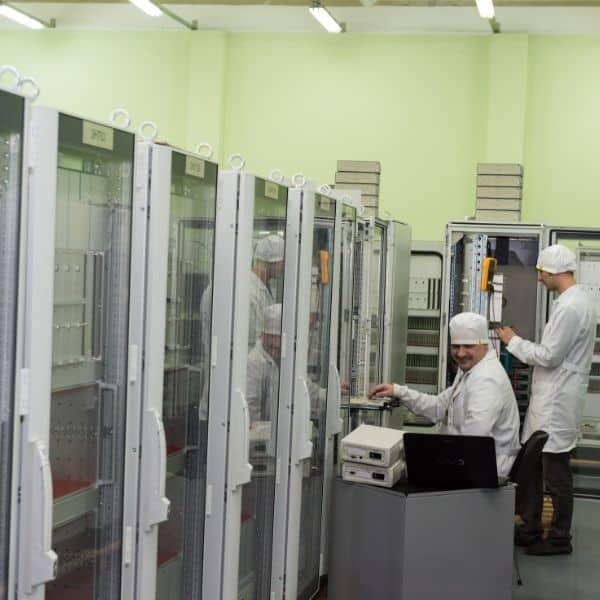
Maintaining the correct humidity level is important for creating a healthy environment for workers as well as customers.
Too much humidity can cause skin problems and exacerbate allergies and respiratory issues, while too little humidity can lead to dehydration, fatigue, and other health issues.
Industrial humidifiers help maintain a comfortable humidity level that can go a long way to preventing these problems. They will also maximize comfortable working conditions which will inevitably result in increased productivity.
Do Industrial-Grade Humidifiers Provide Clean Air?
Although not all humidification systems are effective in sanitizing the air, they all reduce excessive moisture levels in the air or add moisture to dry air.
Many industrial humidifiers have filters that can remove particles and contaminants from the air before it is released into the environment.
Additionally, industrial humidifiers can be equipped with ultraviolet germicidal irradiation (UVGI) to kill any harmful bacteria or viruses in the air. Some humidification systems eliminate air-borne pathogens by using an oxidization method, thus sanitizing the air.
Why Pure Humidification Is Not Possible
Industrial humidification systems cannot provide pure humidification because the water they use contains minerals and other impurities. However, these impurities are typically eliminated or reduced to acceptable levels before the air is released into the environment.
Types of Industrial Humidifiers
Industrial humidifiers come in a variety of sizes and shapes, each designed for a specific industrial application. It is important to choose the right humidifier for the job, as each has its own strengths and drawbacks. There are a variety of industrial humidifiers available, some of the most common types are:
- Central Humidification Systems
- Evaporative Coolers
- Steam Humidifiers
- Ultrasonic Humidifiers
Central Humidification Systems
A central humidification system is a large, industrial-strength humidifier that is used to humidify an entire building or large area. These systems are usually installed in the basement or attic of the building and use a network of ducts to distribute the moist air throughout the facility. Central humidification systems are often used in factories, warehouses, and other industrial facilities.
Evaporative Coolers
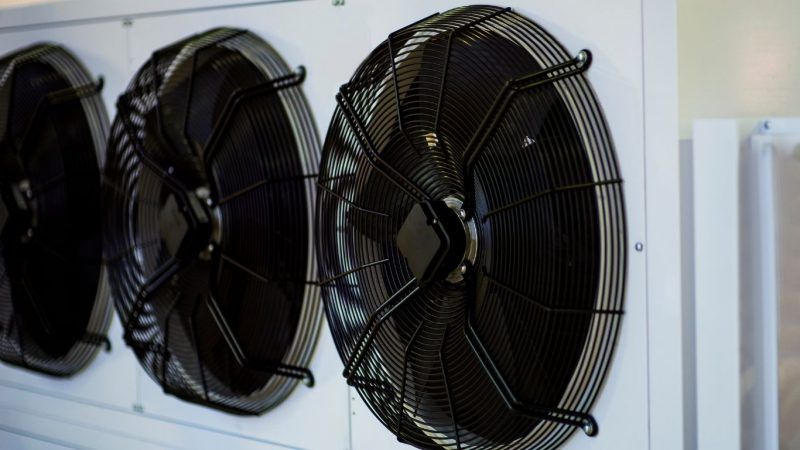
Evaporative coolers are a type of industrial humidifier that uses evaporative cooling to lower the air temperature.
These coolers are often used in warehouses and other industrial applications where the need for humidity is combined with the need for cooling.
Evaporative mist coolers are very effective in hot, dry climates and can be used to cool and humidify the air simultaneously.
Steam Humidifiers
Steam humidifiers are industrial-strength humidifiers that use steam to add moisture to the air. These humidifiers are often used in factories, power plants, and other industrial applications where a large amount of moist air is needed. Steam humidifiers are very effective at adding moisture to the air and can be used to raise the humidity level to almost 100%.
Ultrasonic Humidifiers
Ultrasonic humidifiers are a type of industrial humidifier that use high-frequency sound waves to add moisture to the air. These humidifiers are often used in hospitals, laboratories, and other applications where a sterile environment is required. Ultrasonic humidifiers are very effective and can also be used to raise humidity levels to almost 100%.
How to choose the Right Industrial Humidifier
When choosing an industrial humidifier, it is important to consider the specific needs of the application. Some factors to consider include:
- size of the area to be humidified
- type of industry
- climate conditions
- availability of water and electricity
- required humidity levels
Only once all these factors have been taken into consideration, can the right industrial humidifier be chosen and installed to meet the specified requirements.
Summary
We recommend consulting an industry specialist technician to ensure you select the right humidifier for your workplace.
There are some free standing, portable humidifiers available if you have a smaller area to humidify and wish to try and confirm the benefits prior to installing a system humidifier. See our reviews for some options.


